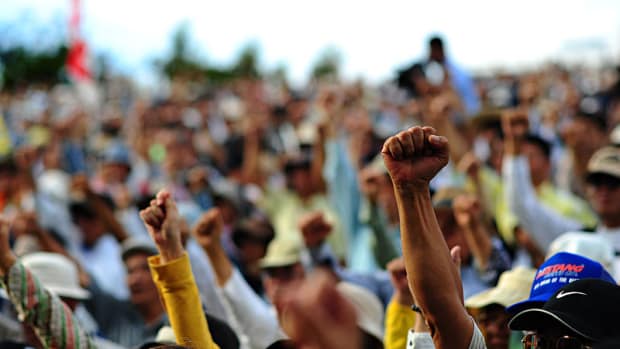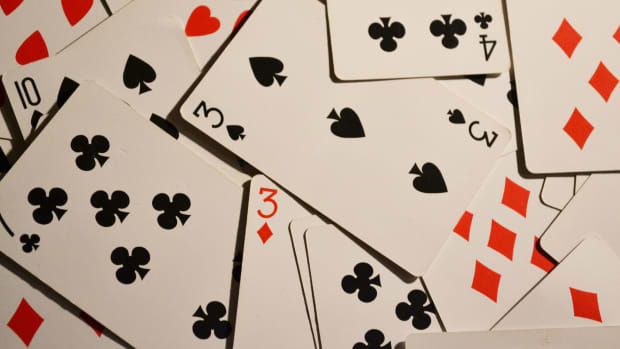Meet Ragga, Iceland's Elf Whisperer
Ragnhildur Jónsdóttir has lived among elves all her life. “My oldest friend is Pulta. She’s of the species we call huldufólk,” she says. “I don’t remember when we first met, but my mother told me that I’ve been talking about since I was two years old”
About an hour’s drive south of Reykjavik, Ragnhildur’s (who goes by Ragga for short) elf garden is a place where the hidden world and the real world exist side-by-side. Wrapped up against the bitter North Atlantic wind in a purple jumper, Ragga explains that she works with elves because most of them are her friends. “Pulta and I are still friends, we work together at the Elf Garden and I see her almost every day” she says with a laugh “I work with elves and huldufólk as a translator and communicator between the worlds”.
Elves have been a fixture in Icelandic culture since people first arrived on the island back in the 9th century. More ultra-natural than supernatural, elves appear to be directly influenced by the power of nature. The island’s small population battles daily with the harsh arctic climate, spectacular volcanoes and the bracing wind. As one of locals told us, it’s a place where everyone knows at least one person who has been killed by the landscape, so perhaps the widespread belief in a hidden power makes logical sense.
“I don’t know why people here are so well connected to the elf world” Ragga says when asked about Iceland’s unique collection. “There was a recent survey where people were asked if they still believed in elves. Eight to ten percent of people said yes, and eight to ten percent said “no, absolutely not”, but everyone in between said ‘I’m not sure, maybe? They didn’t want to take the chance. If you were going to destroy a rock and someone said an elf was living there, then 90% of people wouldn’t destroy the rock.”
Huldufólk are indeed well respected and while Britain’s pixies and fairies are figures of suspicion and mistrust, Icelandic elves seem a lot more helpful. Although some stories speak of a slightly un-neighbourly tendency to invade houses for wild parties, they’re seen as generally benevolent beings, helping farmers, protecting travellers and even helping the locals to overturn a hated ban on dancing in the 15 century.
“Elf farmers and human farmers have always helped each other,” explains Ragga. “They help gather the sheep, if there is something wrong with any of the cows, maybe an elf would or vice versa. If any of the elves are hungry, the humans might help them.”
Even today, huldufólk continue to have a wide-ranging influence on Icelandic life and have even shaped the politics of the island on occasion. When a road threatened to demolish the Álfhóll (Elf Hill) south of Reykjavik, workers became so spooked by their constantly breaking tools that they eventually refused to even go near the hill. Likewise, a proposed road in the suburb of Garðabær was stopped in 2013 because of the danger of destroying too many huldufólk houses.
Elves were even responsible for an international incident in 1982, when Icelanders protested to the US Phantom jets at the NATO airbase at Keflavik. The American military presence during the cold war was always a bone of contention, but the basing of fighter-bombers and surveillance aircraft by the US Air Force caused uproar among the local population. Many Icelanders believed that the war planes threatened the living, breathing environment that the elves work so hard to protect.
For Ragga, this is the reason why the elf garden is so important. “We all live here together,” she tells us. “Icelanders have lived in close contact with nature for generations, we only really got city life a few decades ago. If you live close to nature you start to recognise who else is living close to nature.”
“To me, this planet is a beautiful place, but we humans don’t always recognise that”, she continues. “We have so much responsibility to protect this planet and we’re not doing a very good job. That’s why the elves want to reconnect with humans, they want us to see the beauty in the mountains and waterfalls without using the landscape for profit. We need to love the landscape and protect it. It’s why the elves want to talk to us, it’s their planet too. They want to wake us up and say; ‘you humans, you’re also natural beings, you need to protect your home.”
For more like this visit Insure & Go


